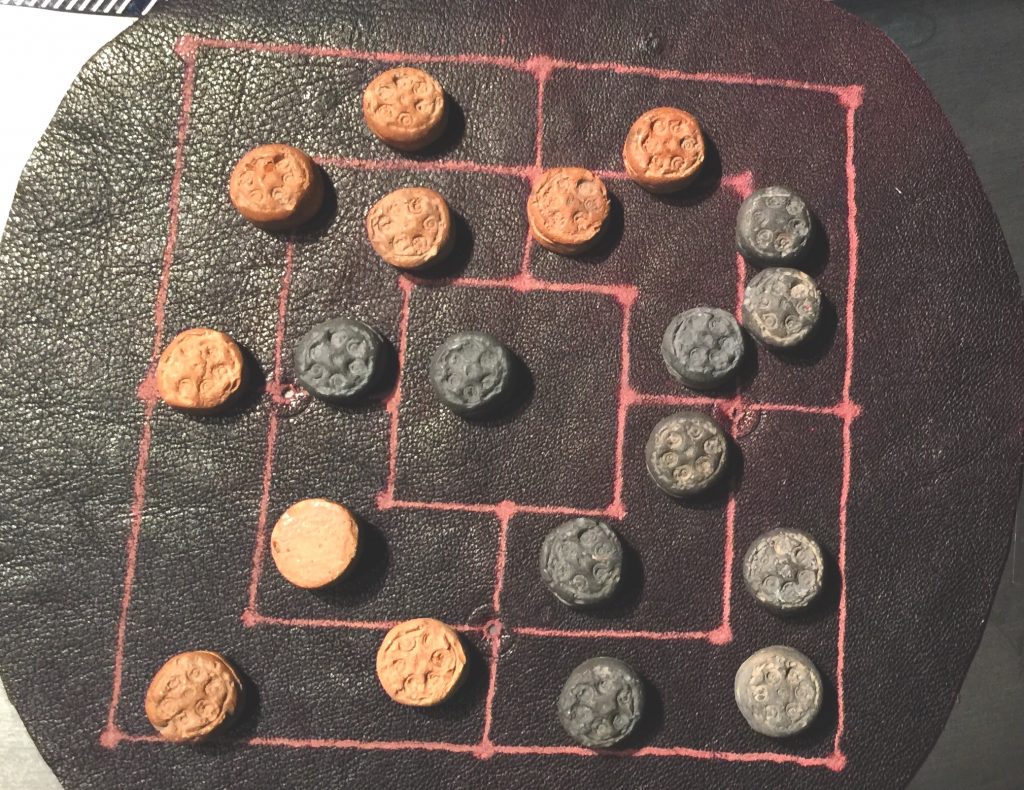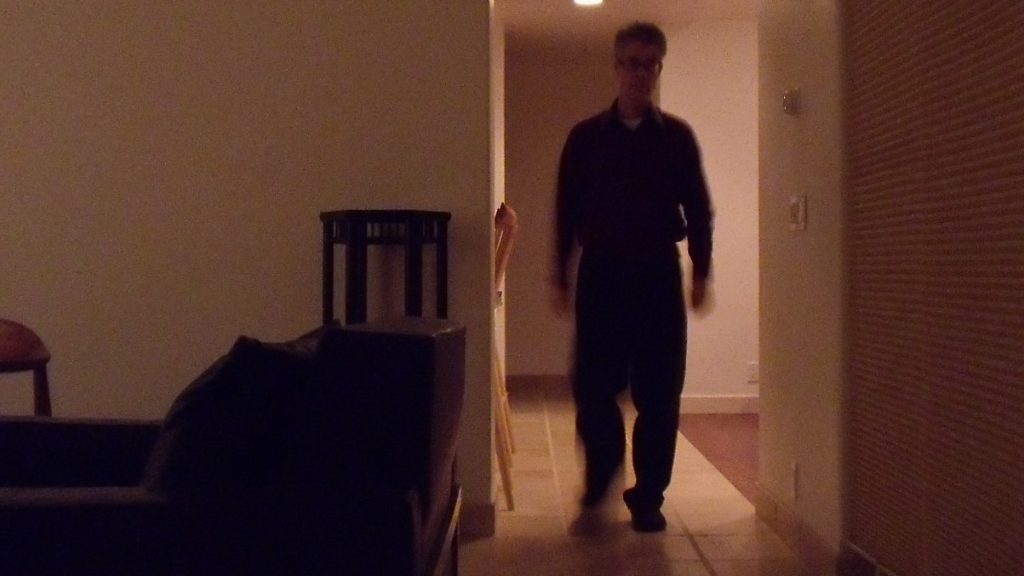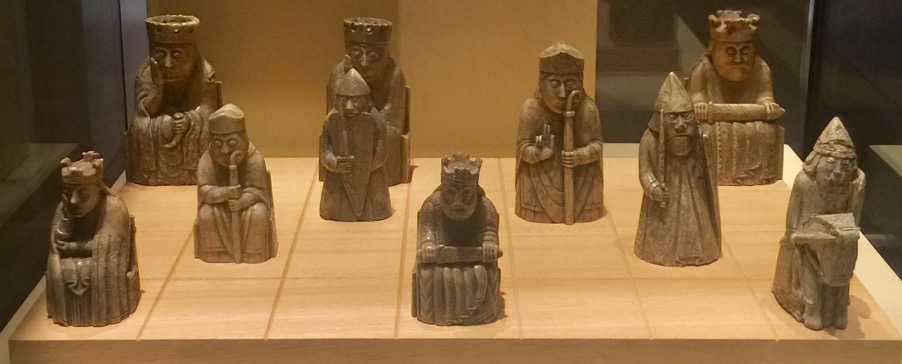Who is this ‘I’ one calls oneself?
My teacher recently said to us, “Remember, anything that says ‘I’ is not you.”
When first reading about the division into ‘I’ and ‘David’, I did not understand it exactly. Fortunately, it was clear what we were to avoid. When we begin the work, the tendency is to call whatever we like or admire in ourselves ‘I’ and whatever we dislike in ourselves ‘David’. If we begin the work on this division, it cannot go far.
Developing an observing ‘I’

Our self-knowledge has many errors before we begin to observe ourselves along the lines of the system. We must review all of our beliefs about ourselves through observing the many I’s, our features, type, personality and essence, states of consciousness, and so on.
At the beginning, we can call ‘I’ the observer, whatever that is. It does not help to try to define exactly what it is. That something–which observes without judgment–is the beginning of Real ‘I.’ While all the other I’s, everything else, is “David,” or not ‘I.’
Through the work, this observing ‘I’ develops and becomes the deputy steward and, later, the steward. Parallel with this development is the slow and gradual growth of real ‘I.’
Now, after many years of school work, it is absurd to think that I am David, that person who runs my life every day, makes decisions, tries to do the work, has a quiet essence, and so on. ‘I’ has nothing to do with this machine, its virtues and defects, its beliefs and aspirations, likes or dislikes. When I am wordlessly present, ‘I’ is there, and I know that ‘I’ is there. Otherwise, David is in charge, and that’s most of the time every day.

Achieving a correct division within oneself
Ouspensky writes, “Once when the train was standing a long time in some station and our fellow travelers were walking on the platform, I put one question to G. which I could not answer for myself. This was, in the division of oneself into ‘I’ and “Ouspensky,” how can one strengthen the feeling of ‘I’ and strengthen the activity of ‘I’?
“You cannot do anything about it,” said G. “This should come as a result of all your efforts” (he emphasized the word “all”).
David Tuttle, with over forty years in the work, has contributed various articles for the Fourth Way Today including The Uncarved Block, An Apollo Walk and The Cascade Fire. His other article in this issue is: Lost to the World.
